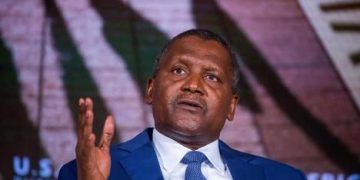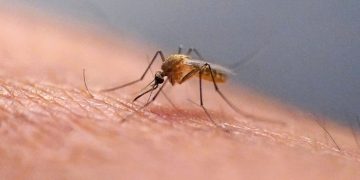Nigeria’s tech ambitions took center stage this week at GITEX Africa in Morocco. The National Information Technology Development Agency (NITDA) outlined a bold vision: a future driven by artificial intelligence and cybersecurity.
Speaking on April 15, NITDA’s Director General, Kashifu Inuwa, said AI must become a core part of leadership and policy-making across Africa.
“AI is shifting the skills we value today, as well as the processes we use to do our daily work,” Inuwa said. He urged leaders to use AI for “co-intelligence,” blending human and machine power to drive vision.
It’s an ambitious move for a country still tackling broadband gaps and limited digital infrastructure. But Nigeria is pushing ahead. That same day, Communications Minister Bosun Tijani launched the country’s National AI Strategy in Lagos.
Nigeria’s AI push is backed by serious funding. In October 2024, the government announced a ₦2.8 billion Google grant to build AI talent. Critics warn the country must first fix basics like electricity and food security. Yet, officials insist that Nigeria cannot afford to miss this opportunity.
“We missed the first, second, and third industrial revolutions, but this fourth one, we must lead it and not just follow,” Inuwa said.
Cybersecurity is another key focus. NITDA signed a deal with France-based SecDojo SAS to build a cybersecurity academy in Nigeria. The project will offer training programs, simulation labs, and new courses aimed at closing the global cybersecurity talent gap.
“Globally, we have the gap, and in Nigeria, we have a young population that if we harness well, we can train them,” Inuwa said during the signing ceremony.
Training digital talent is not new for Nigeria. The 3MTT program also targets three million tech workers. Still, Inuwa acknowledges a challenge: many current programs are short-term. To truly prepare, he said, Nigeria must embed digital skills into its formal education system, pointing to Cisco’s university programs as a model.
In Marrakesh, Nigeria made its pitch for a tech-driven future. Whether it succeeds will depend on real action back home.

























































